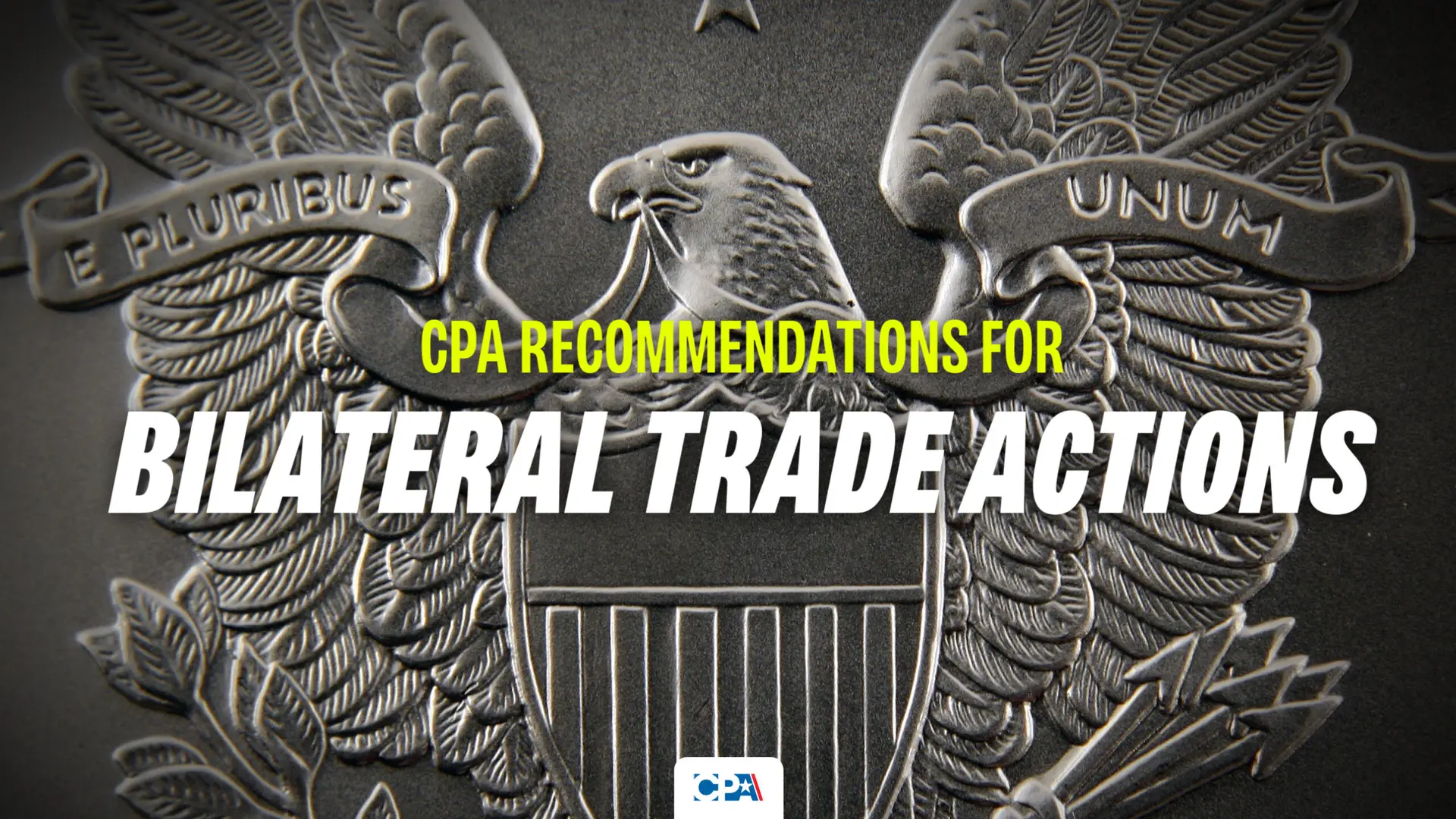WASHINGTON — The Coalition for a Prosperous America (CPA) today released a statement applauding two provisions in the Inflation Reduction Act (IRA), which was signed into law by President Joe Biden today. Specifically, CPA is supportive of the provision that reduces our reliance on China by providing tax credits for the domestic solar manufacturing supply chain, including modules, photovoltaic cells, and solar-grade polysilicon. The provision resembles legislation introduced last year by U.S. Senator Jon Ossoff (D-GA) that seeks to boost U.S. domestic solar manufacturing, accelerate the transition to clean energy, and support American energy independence.
“The IRA’s provision to provide a tax credit for domestic solar producers is a huge win for U.S. solar manufacturers and the American workers they employ,” said Michael Stumo, CEO of CPA. “We must act aggressively to produce all forms of American energy at home to avoid future energy shocks and create high quality jobs here.”
CPA is also supportive of the 15% Corporate Alternative Minimum Tax (CAMT) which reduces the tax discrimination against domestic manufacturers who produce here and hire U.S. workers. This anti-offshoring tax reform will impact multinational corporate groups that have $1 billion in yearly profits over an average of three years and do not pay at least 15% in effective tax rates. The provision is focused upon these multinational corporations which perversely benefit from ultra-low effective tax rates by offshoring production and jobs. Domestic manufacturers will not be affected and all companies will still be able to claim accelerated depreciation for investing in plant and equipment in the U.S.
In order to boost domestic production and employment, the U.S. tax code must protect domestic manufacturers and close loopholes that put them at a disadvantage to multinational corporations. Domestic producers often pay double—or more—in federal taxes compared to large multinational competitors that have offshored production and shift profits to tax havens. While only a first step, the CAMT reduces the difference in what domestic corporations pay and what their offshoring competition pays to the IRS.
“CPA members are proudly committed to producing right here in America, and we are strongly supportive of the Corporate Alternative Minimum Tax,” continued Stumo. “This anti-offshoring reform to the tax code will level the playing field for American manufacturers. For too long, our manufacturers have been at a stark disadvantage to multinational corporations that shift profits overseas and that have offshored production and jobs to foreign adversaries like China.”
In 2020, a CPA report showed that global multinational companies paid an effective tax rate of around 9% in 2019 due to their profit shifting and offshoring strategies. Read more from CPA on how the CAMT helps fix discrimination against domestic manufacturers.












